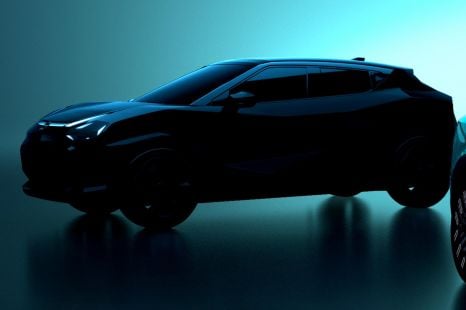

Damion Smy
Nissan Juke EV will use Leaf platform, due in 2026 - report
12 Hours Ago
Ford is throttling back production of its Capri and Explorer electric SUVs in Europe, citing low demand for the Volkswagen ID.4-based pair.

Contributor
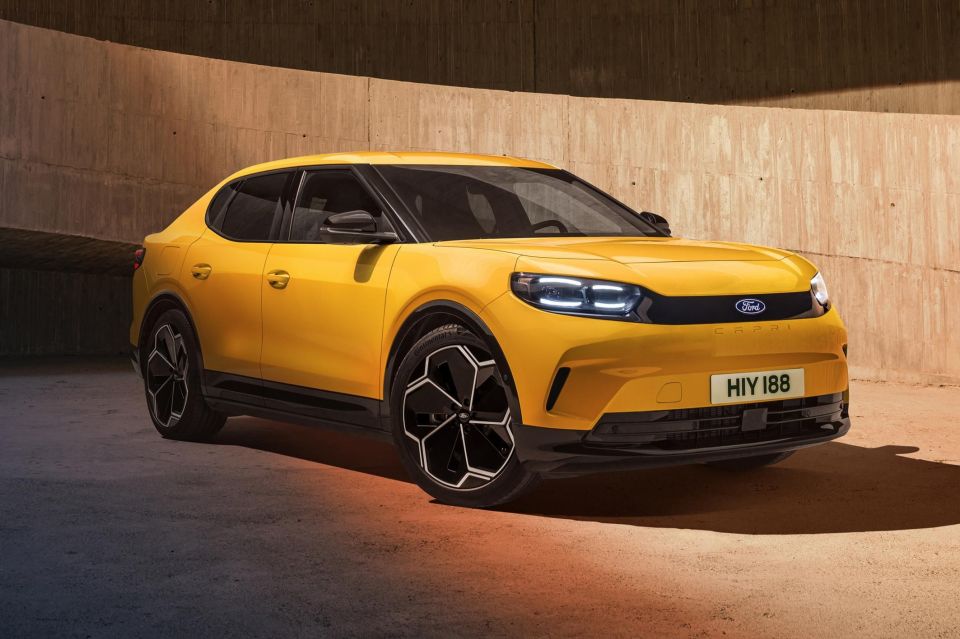

Contributor
Ford’s decision to apply the Capri and Explorer nameplates to a pair of European electric SUVs was deemed controversial by the public, and now the carmaker is slowing down production as demand for both models wanes.
As first reported by German publication Kölner Stadt-Anzeiger – and subsequently by Automobilwoche – work at the company’s Cologne factory that produces the Capri and Explorer has been reduced to a week-on, week-off schedule until Christmas.
“We can confirm that Ford will apply to the Federal Employment Agency for short-time work due to the rapidly deteriorating market conditions for electric vehicles,” a Ford spokesperson told Kölner Stadt-Anzeiger.
100s of new car deals are available through CarExpert right now. Get the experts on your side and score a great deal. Browse now.
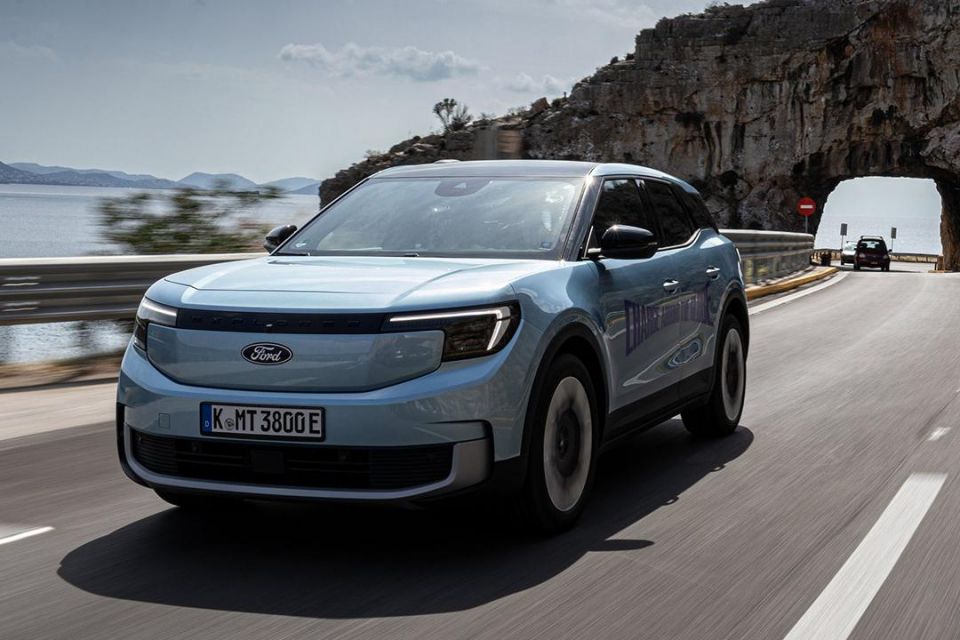
The decision to reduce production of both new EVs comes less than six months after the first battery-electric Explorer (July) and the born-again Capri (September) first rolled down the line in Germany.
Both the Capri and Explorer are built by Ford using Volkswagen’s MEB dedicated electric vehicle (EV) platform, which also underpins the German car giant’s ID.5 and ID.4 mid-sized electric SUVs – the closest relatives to the Blue Oval offerings.
While EV sales are increasing globally, the rate of growth has cooled massively in 2024 compared to the past two years, and with more competition – especially from China – multiple brands have triggered production slow-downs or readjusted their overall goals to go electric.
In Ford’s case, it has become more vulnerable to changes in EV demand by having a lineup of largely electric models in Europe, where it now offers few of the internal combustion engine-powered models that for years were its core business.
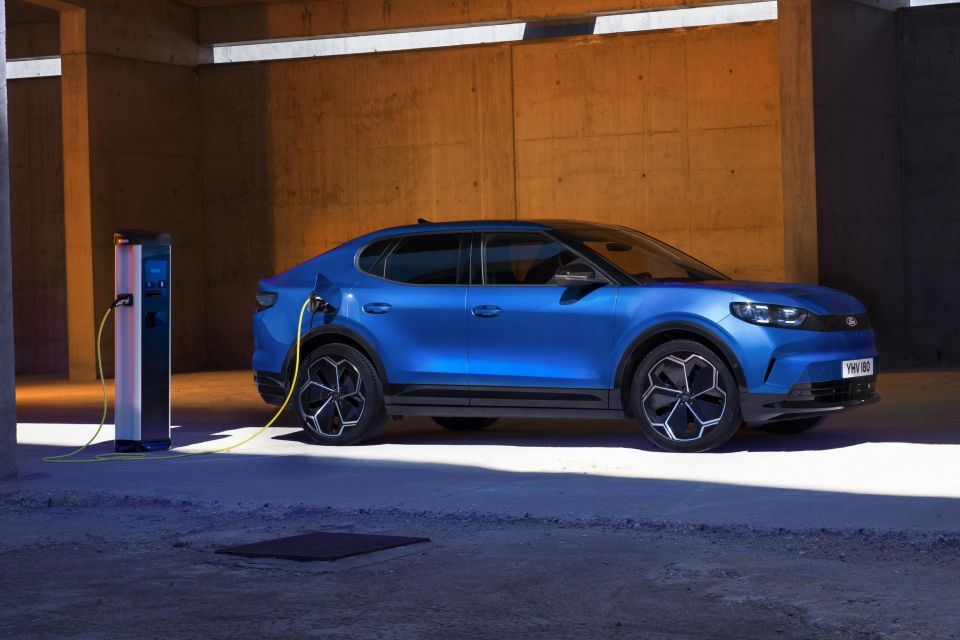
The Cologne factory in which the new electric SUVs are made was most recently the lead production facility for the Fiesta, which was axed by Ford earlier this year.
Neither the electric Explorer nor the Capri are coming to Australia, as both have both been developed and made specifically for the European market.
The Explorer nameplate is still seen on the petrol V6-powered large SUV sold in the US, where it has notched up more sales than any other SUV, while the similarly famous Capri badge had been largely absent outside of Australia since 1986.
After first being applied across three generations of coupes, Ford Australia briefly produced a Mazda 323-derived convertible named the Capri from 1989 to 1994, however, the front-wheel drive soft-top’s success was impacted by the release of the more popular and traditional Mazda MX-5, which was launched the same year and went on to become the world’s top-selling two-seat roadster.
Born and raised in Canberra, Jordan has worked as a full-time automotive journalist since 2021, being one of the most-published automotive news writers in Australia before joining CarExpert in 2024.


Damion Smy
12 Hours Ago
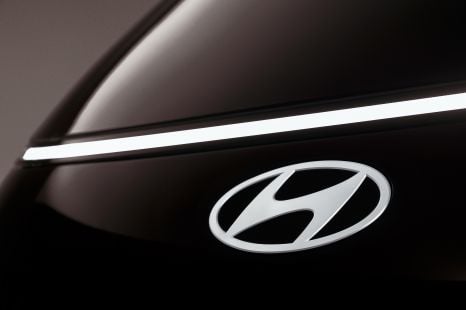

Damion Smy
15 Hours Ago
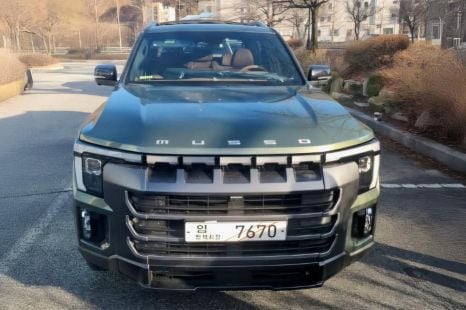

Damion Smy
18 Hours Ago
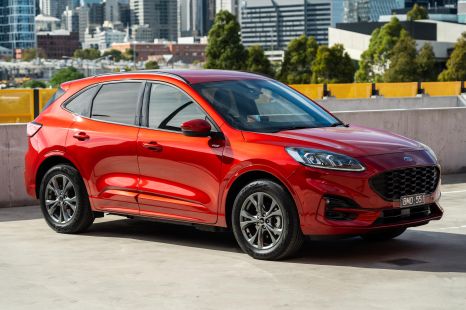

Damion Smy
20 Hours Ago
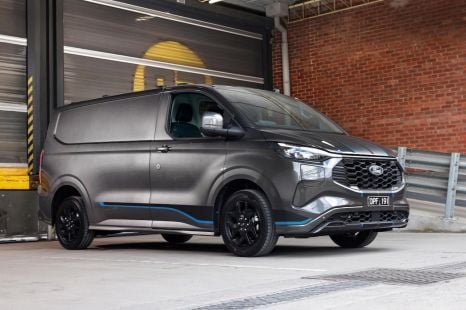

Damion Smy
20 Hours Ago
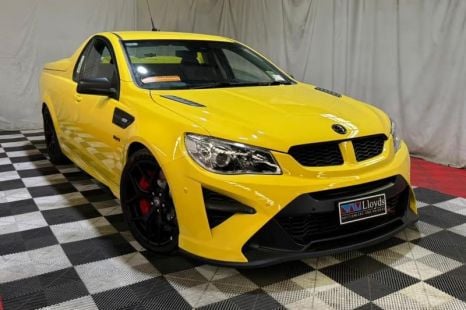

Damion Smy
21 Hours Ago